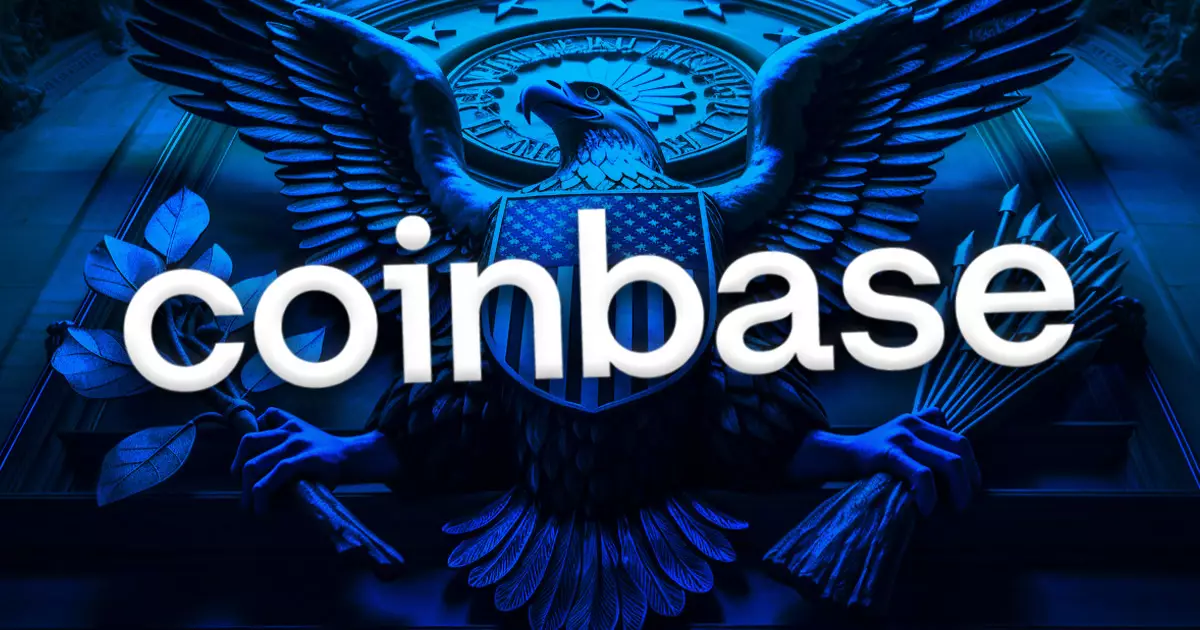Coinbase recently filed a motion for an interlocutory appeal with the US District Court for the Southern District of New York on May 24, expressing concerns that the Securities and Exchange Commission (SEC) is attempting to circumvent the Howey test. The Howey test is used to determine whether a particular transaction qualifies as an investment contract. Coinbase believes that the SEC is avoiding the question of whether a digital asset transaction without post-sale obligations can be classified as an investment contract, which could have significant implications for the crypto market.
The district court’s decision on March 27 addressed this unique legal question, prompting Coinbase to seek appellate review. Coinbase argues that no appellate court has ruled on whether a digital asset transaction without post-sale obligations can constitute an investment contract, making it a crucial issue for the digital asset industry. The company emphasizes that in the 78 years since the Howey test was established, no appellate court has found an investment contract without a post-sale contractual undertaking.
Conflict with Established Precedents
The SEC has opposed Coinbase’s motion, claiming that the court’s decision does not raise a controlling question of law. However, Coinbase points to established precedents, such as the SEC v. Ripple Labs, Inc. case, which found that certain digital asset transactions did not meet the Howey criteria for investment contracts. Coinbase also criticizes the SEC’s attempt to compare Ripple with Terraform Labs, stating that the Commission’s argument lacks merit. The company highlights the split between these cases, which has been acknowledged by the Court and the Commission.
A successful appeal by Coinbase could lead to the dismissal of significant portions of the SEC’s case against the company, specifically those related to its platform and Prime services, which account for more than 70% of the complaint. This could streamline the litigation process and reduce resource expenditure for both parties. The SEC has imposed extensive discovery requirements on Coinbase, including document requests and inspection demands. Resolving the legal question through an appeal could help conserve judicial and party resources.
The outcome of this case may determine the extent of the SEC’s authority over digital asset transactions at a time when the crypto industry is facing increased regulatory scrutiny. Coinbase is pushing for expedited appellate review to provide essential clarity and guidance for the industry. By challenging the SEC’s interpretation of the Howey test, Coinbase aims to establish legal precedent that could shape the future of digital asset transactions and regulatory oversight in the crypto market.


Leave a Reply